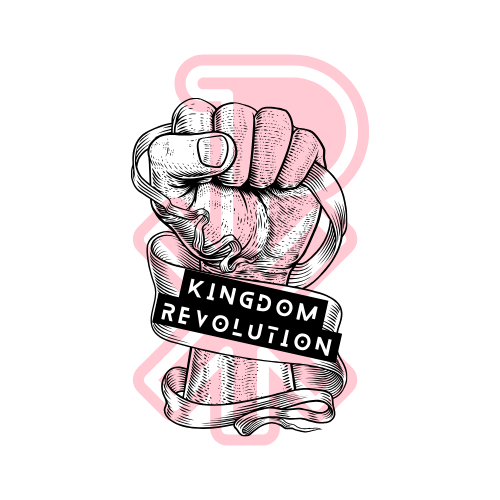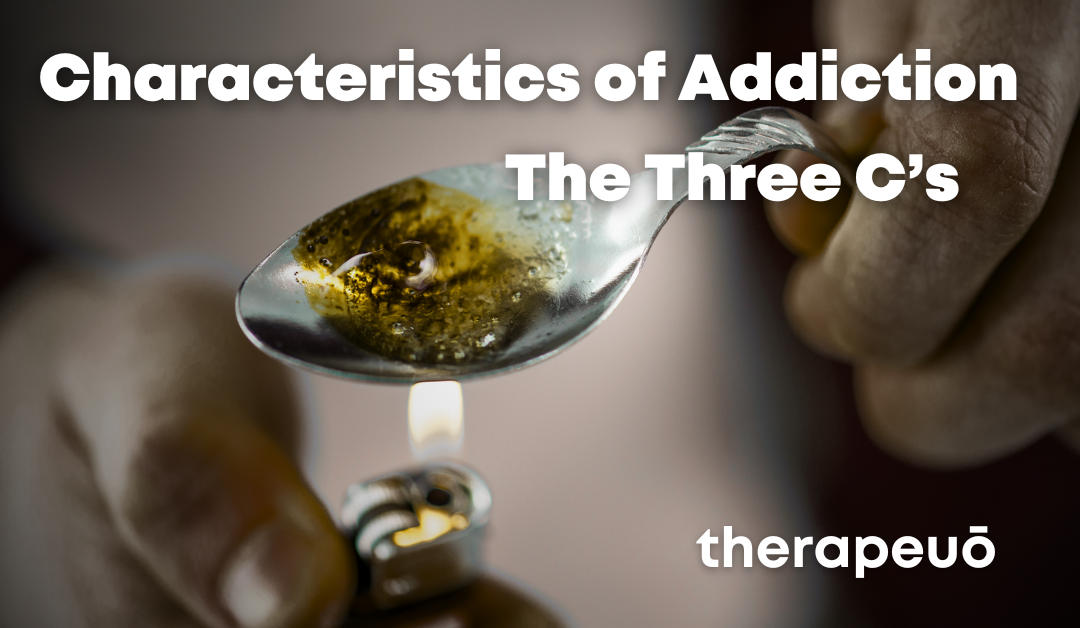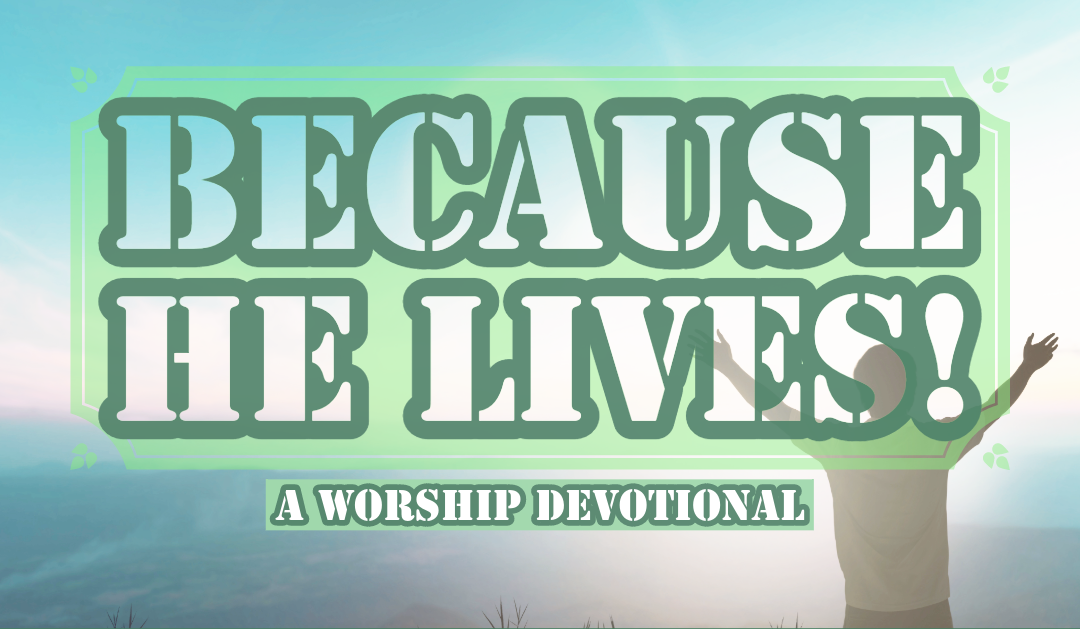
The Processes of Change
The Processes of Change
The processes of change, conceptualized and developed by Prochaska et al, describes the overt and covert activities that the individual engages in when trying to change a negative behavior, unlearn a bad habit or facilitate change in their lives.
These processes can be seen as broad categories of action and can consist of various interventions, techniques and methods to get where you are going.
Although adapted by Bartholomew et al, the original 9 are still the standard and a short description and examples of application will be given of each.
The ten processes of change are:
- consciousness raising,
- counterconditioning,
- dramatic relief,
- environmental reevaluation,
- helping relationships,
- reinforcement management,
- self-liberation,
- self-reevaluation,
- social-liberation,
- and stimulus control.
These were adapted and added to over the last few decades, but the original 10 do give us a good base to work from.
Consciousness Raising
Consciousness raising implies an increasing awareness and insight about oneself and the problem. Gaining insight and understanding in regards to the self defeating defenses that get in our way. This process implies an effort by the individual to seek new information and to get understanding and feedback about the behavior, problem or situation that needs to change. Interventions could include observations and confrontations and the watching of documentaries or reading of educational books/pamphlets.
For example, someone who would like to stop smoking could start reading pamphlets about the dangers of smoking, watch videos about the benefits of smoking cessation or engage in dialogues about the problem.
Counterconditioning
Countering or counter conditioning implies the process of replacing a problem behavior with an alternative, a healthier substitute. Here we seek to replace the unhealthy behavior with something healthy. This could range from exercise, to basic breathing and relaxation techniques.
One example could be, to replace negative thinking, to introduce a morning routine of self-affirmation.
When intrusive thoughts come we can confront those feelings with positive ones – but this does take practice, and therefore it is not just a band-aid for your thinking – but a process.
In the case of replacing a negative, compulsive behaviour, desensitization could be a good intervention. Looking at and understanding why a situation is a trigger and stripping it of its power can prove a helpful strategy against relapse later during the change process.
Dramatic Relief
Also called Emotional Arousal, Dramatic Relief is meant to evoke positive feelings about the change you are contemplating.
It also implies experiencing and expressing feelings surrounding both the problem and the solution.
This is achieved through roleplaying, open discussion, psychodrama and the grieving of losses as well as the celebration of success.
Environmental Re-evaluation
During this process we consider our physical and social environments and look at how the problem behavior either affects our surroundings or are encouraged/reinforced by it. For example, if a drug addict does not make certain changes to his social and physical environment the likelihood of relapse increases.
This process goes hand in hand with consciousness raising as it is about mindfulness and awareness of what is around us.
Thus interventions once again include discussion, documentaries and pamphlets, among others.
The key here is to identify situations that reinforce the problem behavior or prevent growth in a healthy way. Choosing an environment that suits your ideal behavior is important.
Once again, to use the example of a recovering drug addict, finding activities that can be enjoyed sober rather than previous ways of doing things will be imperative to maintaining change.
Helping Relationships
As the saying goes, no man is an island. We can’t do everything alone – even with an uncannily strong sense of independence and perseverance, or high self-efficacy – social support definitely does help. Especially when trying to change problem behaviors, it is helpful to have a social support network to fall back on.
Whether your social network consists of family, friends or even counselors and clergy – having someone around to help you when you stumble, an ear you can talk to, a hand you can hold – definitely makes things easier.
Self Re-evaluation
This process involves an open and honest assessment of oneself – understanding your own thought patterns, values, beliefs and emotions can be invaluable in moving forward.
Taking stock of your current situation, doing a fearless moral inventory and recognizing how the change you are contemplating will affect your life is what this process is all about.
Social Liberation
Much of our lives are often built around what others expect of us. This can be an unhealthy way of looking at life. Social liberation then is the awareness and acceptance by the individual of alternative and problem free lifestyles in society. For example, although you might have grown up in a setting where alcohol abuse was common, or grew up in a community where substances were commonplace, finding that there are individuals living an alternative lifestyle (eg. Staying sober) can lead to social liberation – freedom from a perceived social norm.
Self Liberation
Also referred to as commitment, this is the decision the individual makes to change the problem behavior. This can be a whole process in itself involving therapy and education, or as simple as a New Years resolution.
It is the finer details of this decision to make this commitment – whether overt or covert (subconscious) that makes this a process and not just an impulsive decision.
The action of choosing to change requires a stronger sense of self-efficacy, or the belief in your own ability to change.
Stimulus Control
In recovery circles we often make reference to the dangers of familiar people, places and things. Where the environmental re-evaluation looked at our physical and social environment – the people and places – here we look at the things – the situations, cues and circumstances whether tangible or intangible that could lead to relapse.
During this process we identify situations and circumstances which might trigger the problem behavior and then take certain actions to protect ourselves against relapse. This could involve restructuring your environment, changing careers, or avoiding high risk cues altogether.
It could also involve replacing or adding stimuli that encourage alternative, healthier behavior.
Reinforcement Management
As we go through the processes of change and our behavior is modified we need to reinforce the change that we have been making.
Since many addictions or problem behaviors have been reinforced over time through the brains reward system, we need to do the same with the new healthier behavior.
This could be anything from an encouraging word from a family member, a contingency contract with your counselor, or a self-reward.
For example, if I had a drinking problem and drank every night the financial reward might be significant if I were to stop drinking altogether. Therefore I could use my savings to reward myself with something I wouldn’t have been able to do otherwise. I could go have breakfast with a loved one, or take the kids to do something fun.
By rewarding positive behavior, not only do we reinforce that behavior but very quickly we find alternatives towards a happier, fuller life.
As mentioned before, the 9 processes have been added to over the years, and there is a multitude of information available on the internet, but personally I find the original nine points to be sufficient.
If you or a loved one are struggling with addiction or with issues related to mental health please consider reaching out by sending an email to andre@adlabuschagne.co.za and we will assist you with finding a solution that works for you.




